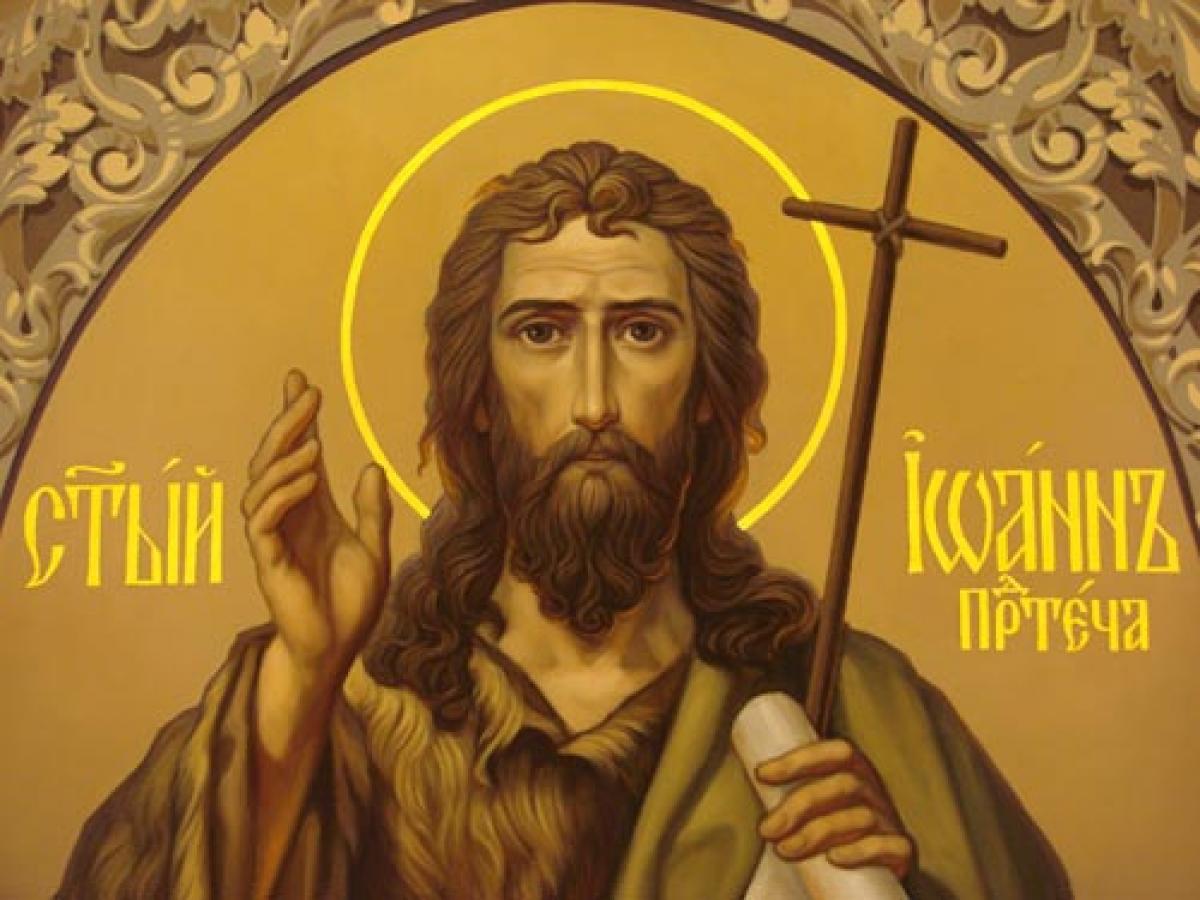Christmas of St. John the Baptist: history of the holiday, traditions and prohibitions
24 June 00:16
on June 24, one of the great Christian holidays is celebrated, which is dedicated to the birth of John the Baptist. This holiday is popularly known as Ivan Kupala, "Komersant Ukrainian" reports
History of the holiday
John the Baptist was born into the family of the priest Zechariah and the righteous Elizabeth, becoming the forerunner of Jesus and preparing the way for his coming. John was a prophet who was later called the Forerunner because he preached repentance, baptism with water, and later baptized Jesus himself.

The date of John the Baptist’s birth was calculated using the Gospel account that the age difference between him and Jesus Christ was 6 months. In this regard, the Feast of John the Baptist is celebrated six months before Christmas and is celebrated annually on June 24. Usually, the date of the celebration also coincides with the fasting period, which believers call Petrivka.
The full name of this holiday, which is contained in church books, is the Nativity of the Honorable Glorious Prophet, Forerunner and Baptist John. Interestingly, there are only three holidays in the Orthodox Church that honor the birthdays of saints: The Nativity of Christ, the Nativity of the Blessed Virgin Mary, and the Nativity of John the Baptist. This testifies to the exceptionally important role of St. John the Baptist and his extremely high position among other saints.
Traditions of celebrating the Nativity of John the Baptist
In the past, as part of the celebration of this solemn event, believers would go to church at night, where they would honor John the Baptist and pray for repentance, asking for health and joy. The tradition of attending church has remained relevant to this day, but nowadays believers come to the church for the evening service. In addition, on the feast of the Nativity of John the Baptist, it is customary to do good deeds, to help the needy, poor, and sick.
This holiday also coincides with the pagan holiday of Kupala, which was a harbinger of the summer solstice. Over time, Ivan Kupala evolved into a Slavic folk holiday, during which unmarried girls gathered various herbs to make wreaths and decorate with flowers.

On Kupala, it was also customary to perform such Kupala rituals as divination, lighting bonfires, and throwing wreaths into the water. It is believed that herbs picked on this holiday have healing properties and can be used to cure illnesses and protect against misfortune.
What is forbidden to do on Ivan Kupala and the Nativity of John the Baptist: religious and folk superstitions
Since two holidays are celebrated on this day at once, there are a number of rules and prohibitions that should be followed in order not to bring disasters on yourself and your family. In particular, it is forbidden to do heavy physical labor on Midsummer and St. John the Baptist’s Day:
- Engage in heavy physical labor, cleaning or laundry;
- Do needlework, sewing and embroidery;
- Borrow personal belongings from home;
- Quarrel and swear;
- Organize loud celebrations and drink alcohol.
It is advisable to refrain from cutting food that is round in shape, such as bread, with a knife. According to folk beliefs, it is also forbidden to pick up money found on the street and to offend animals on this day.
Author: Olya Yushko









